The World Of Autism: A Series On Autism & It’s Challenges & Hopes
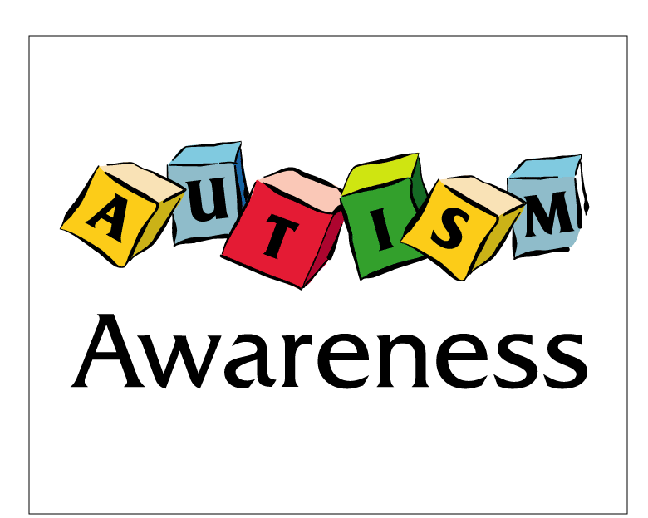
Image Credit
I decided to do my next series on Autism because I had gotten some questions about Autism and Neuroplasticity which is the ability of the brain to change and reorganize itself based on new experiences, memorizing new information and engaging in various physical activities. It develops new neural pathways thus making the brain able to adapt to new situations. This has a major impact on how we approach neurological disabilities and how we treat it.
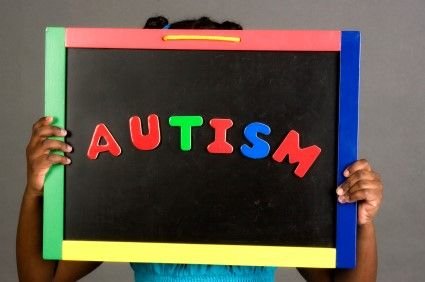
Image Credit
Autism is a developmental disability whose symptoms are present from early childhood and affect daily functioning ability. Autism is also known as Autism Spectrum Disorder (ASD), which refers to a group of complex neurodevelopment disorders characterized by repetitive behaviors, social impairments, cognitive impairments and communication difficulties. These symptoms impact how the child engages with his/her world. Some may display poor eye contact or have blunted reactions to emotional events, while others may show difficulty understanding the intentions of others. Language development can also be affected at an early age with a failure to develop the usual speech and language that most children develop. Many toddlers with autism are often “late talkers.”
It’s not everything he is.
My child is so much more than a diagnosis.”
-S.L. Coelho
According to the Center for Disease Control (CDC), autism affects 1 in 68 children in the US. About 1% of the world population has autism spectrum disorder & more than 3.5 million Americans live with an ASD. It has been found that the autism in the US has increased by 119.4% from 2000 to 2010. Did you know that autism is one of the fastest growing developmental disorders in the US? Boys are nearly five times more likely than girls to have autism. It costs a family $60,000 a year on average.
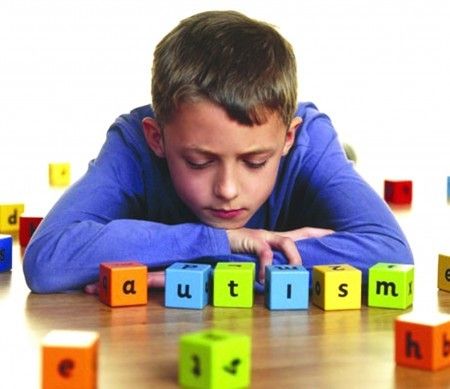
Image Credit
According to the National Autism Association (http://nationalautismassociation.org/resources/signs-of-autism) the following is a list of what an individual with ASD might exhibit:
- Not respond to their name
- Not point at objects nor demonstrate any interest
- Not play “pretend” games
- Avoids eye contact
- Wants to be alone
- Has difficulty understanding or showing understanding of other people’s feelings or their own
- Have delayed speech or no speech
- Repeats words or phrases over and over which is known as echolalia
- Give unrelated answers to questions
- Gets upset by minor changes around him/her
- Can have obsessive interests
- Will flap their hands, rock their body, or spin in circles
- Will show over or under sensitivity to the way things sound, taste, look or feel
- May have little or no social skills
- May avoid or resist physical contact
- May have little safety and/or danger awareness
- Reverses pronouns like saying “you” instead of “I”
but I do suffer from the way you treat me.”
-Tyler Durdin
There are also other symptoms they may exhibit like having unusual interest & behaviors, extreme anxiety and phobias, line up toys or objects, play with toys the same way each time, focus on one part of a toy only, get very upset with a minor change, & become obsessive on something. Others may show hyperactivity, impulsivity, short attention span, aggression, self-injury, meltdowns, unusual eating and sleeping habits, unusual mood or emotional reactions, lack fear or extreme fear, and have unusual sleeping habits.
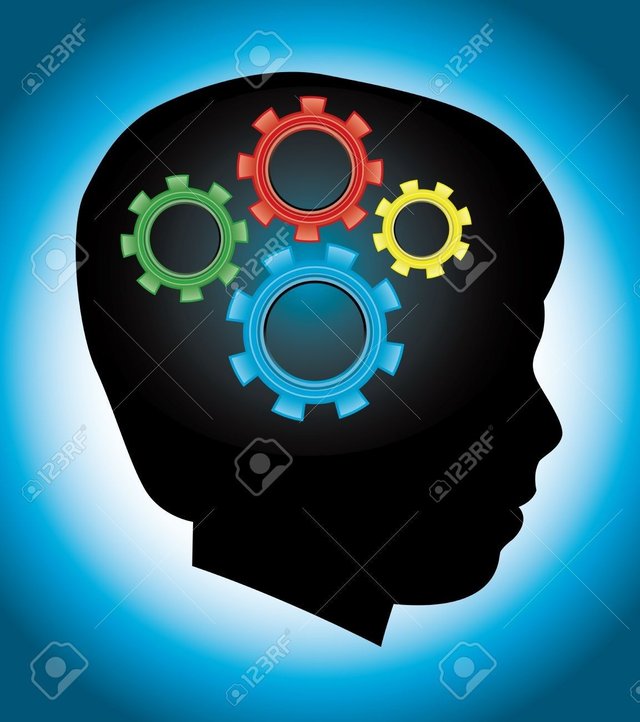
Image Credit
There is no easy test for Autism since there are no medical tests to diagnose this disorder. Parents will usually notice that their child is not developing in the same way as other children. Usually doctors and other healthcare professionals will rely on observation and talking with the parents. Because communication may be a problem, the doctor will have a hearing test done, followed by a neurological exam. Cognitive and language testing is also conducted. A team usually will confer including the physician, a neurologist, a speech pathologist and a psychiatrist to decide the diagnosis and prognosis and then they will meet with the parents to discuss their findings and recommendations. It is vital to get an early diagnosis so that early intervention can start to assist the child and family and provide education and programs that can facilitate the child’s development.
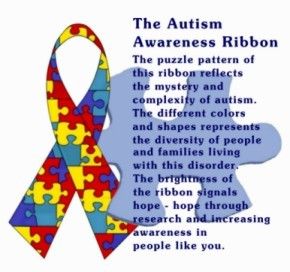
Image Credit
The Autism Society of America (http://www.autism-society.org) urges parents to use a four-pronged attack when going through the diagnosis process:
Stay informed. Learn as much as you can about your child’s disorder and when talking to healthcare professionals, ask questions and if something isn’t clear, ask for clarifications.
Be prepared. Be prepared for meetings with doctors, therapist and school personnel. Write questions and concerns and note answers.
Be organized. Many parents find it useful to keep a notebook of their child’s diagnosis and treatment as well as meetings with professionals.
Communicate. It’s important to ensure open communication. If you don’t agree with a professional’s recommendation, for example, say specifically why you don’t.
Artists with autism are like anyone else:
They define themselves through hard work and individuality.”
-Adrienne Bailon, Artist
It should be noted that there is usually a 13 month delay between parents seeking diagnosis and the Autism diagnosis being made. So it is important for parents to know that you don’t need a diagnosis to begin helping your child. Additionally parents must know that ASD is still being studied and understood and that because of this wide spectrum of Autism, professionals can widely differ in what they recommend. So do not take just one person’s advice as the only source of information. Parents must find the best path that suits their child and themselves.

Image Credit
According to the Autism Center of Excellence, Department of Neurosciences at the UC San Diego School of Medicine (https://autism-center.ucsd.edu/autism-information/Pages/what-is-autism.aspx), the likely causes of autism might be a recent discovery of a large number of genes which when mutated may contribute of ASD. They went on to say that such gene mutations only occur in a very tiny percentage of cases. This rare case is the single most common gene cause of ASD.
This article went on to say that much evidence points to important environmental factors such as exposure to viruses or toxins in the 1st or early 2nd trimesters of pregnancy. They are now doing a large number of ASD studies to examine the possible role of maternal immune activation and autism. This does not imply that it has anything to do with inoculations and it must be kept in mind that these are only ongoing studies to see what actually may cause autism. Maybe in the near future there will be greater discoveries of what causes autism so that we may prevent it.
because I would have been interested in social things.
Having a little autism helped me achieve my goals
and not miss what most people thought I was missing out on.”
-Evan Delaney Rodgers, Autistic Politician
This is my first installment of the Autism Series. In future articles I will cover more types of testing, therapeutic interventions, recent studies and more. Thank-you for reading my post. It is much appreciated! If you would like to follow me, please check HERE
Congratulations! This post has been upvoted from the communal account, @minnowsupport, by cabbagepatch from the Minnow Support Project. It's a witness project run by aggroed, ausbitbank, teamsteem, theprophet0, someguy123, neoxian, followbtcnews/crimsonclad, and netuoso. The goal is to help Steemit grow by supporting Minnows and creating a social network. Please find us in the Peace, Abundance, and Liberty Network (PALnet) Discord Channel. It's a completely public and open space to all members of the Steemit community who voluntarily choose to be there.
This post has received a 1.04 % upvote from @drotto thanks to: @banjo.
Your posts are all so informative - keep it up
Thank-you @anneke for your kind comments and support. It is truly appreciated! I hope you are doing well. Please have a great Thursday!!! :D
I'll pay attention to your next writings on Autism and Neuroplasticity! :) I'm really sad that I don't have time at the moment to write posts on Neuropsychology but I'll keep in mind this theme so I can focus on it one of these days. You've "opened my appetite", as we would say in portuguese! :)
I know when you are a mother, time is limited. But when you eventually do have some time, you should write. I find it very good for my mind, body and soul. It really is an excellent outlet which I recently discovered. And to tell you the truth, ever since I've been writing I also stopped getting migraine headaches. I haven't had one since I started this journey to express myself. It is really a great therapeutic way of releasing inner emotions and feelings.
As always, thank-you for your comments and support. It is greatly appreciated! Have a great rest of the week! :D